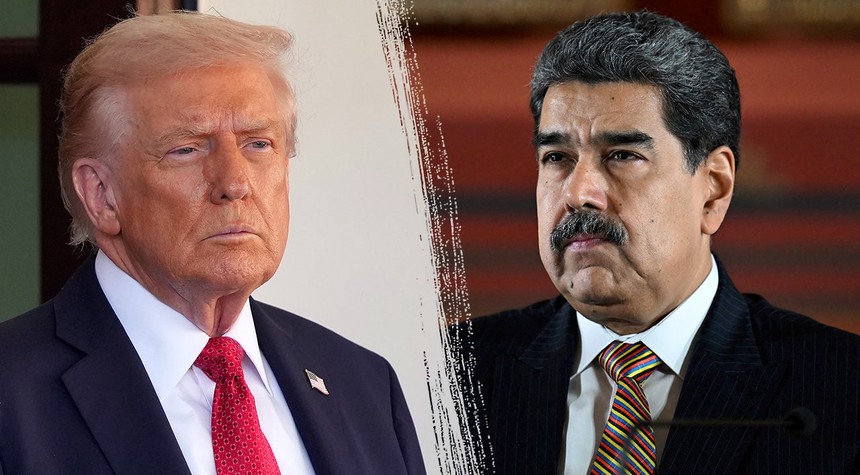President Donald Trump has authorized the Central Intelligence Agency to conduct covert operations within Venezuela, marking a significant escalation in American efforts to address the ongoing crisis in that South American nation.
The authorization comes amid a broader deployment of American military assets to the Caribbean, including the USS Gerald R. Ford, the nation’s largest and most advanced aircraft carrier. According to sources familiar with the matter, these covert operations could establish the foundation for a more extensive military campaign should circumstances require such action.
The development follows the apparent collapse of back-channel diplomatic negotiations with the Venezuelan government. Sources indicate that Venezuelan President Nicolas Maduro proposed stepping down from power after a delay of several years, but the Trump administration rejected this offer as insufficient. The White House has not yet provided official comment on these reported negotiations.
This escalation in American involvement represents a calculated response to what the administration views as a direct threat to American security interests. President Trump made clear his position Monday when he declined to rule out the deployment of American ground forces to Venezuela.
“I don’t rule out that, I don’t rule out anything,” the President stated when questioned about potential troop deployment. “We just have to take care of Venezuela. They dumped hundreds of thousands of people into our country from prisons.”
The President’s characterization of Maduro as a “terrorist” signals a hardening of the administration’s stance toward the Venezuelan regime. This designation aligns with Secretary of State Marco Rubio’s announcement that the Cartel de los Soles, a criminal network allegedly connected to Maduro and his associates, will be designated as a foreign terrorist organization.
The United States has already demonstrated its willingness to take direct action in the region. Since September, American forces have conducted at least twenty-one strikes against vessels suspected of trafficking narcotics in waters off Central and South America. The most recent strike occurred this past Sunday, underscoring the sustained nature of these operations.
Maduro has responded to the American military deployment with accusations that President Trump is “fabricating a new eternal war.” Such rhetoric reflects the Venezuelan regime’s recognition of the serious nature of American intentions.
Despite the escalating tensions, President Trump indicated his willingness to engage in direct dialogue with the Venezuelan leader. When asked if he would speak with Maduro, the President responded affirmatively, noting, “I talked to everybody.”
The situation presents significant implications for regional stability and American foreign policy. Venezuela’s collapse under Maduro’s socialist regime has created a humanitarian catastrophe, driving millions from their homes and destabilizing neighboring nations. The flow of Venezuelan migrants, including released prisoners, into the United States has become a matter of urgent concern for American security officials.
The deployment of the USS Gerald R. Ford to U.S. Southern Command demonstrates the administration’s commitment to maintaining a position of strength in the region. This carrier strike group represents formidable American military capability and serves as a clear signal of American resolve.
As this situation continues to develop, the American people can be assured that their government is taking measured steps to protect national interests while keeping all options available. The authorization of covert operations represents a middle path between diplomatic engagement and full military intervention, though the administration has made clear that no option is permanently off the table.
Related: America and China Race to Dominate Pacific Skies Through Advanced Airpower

